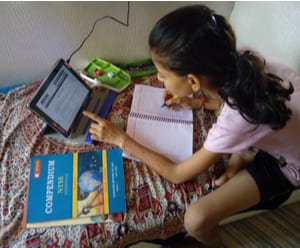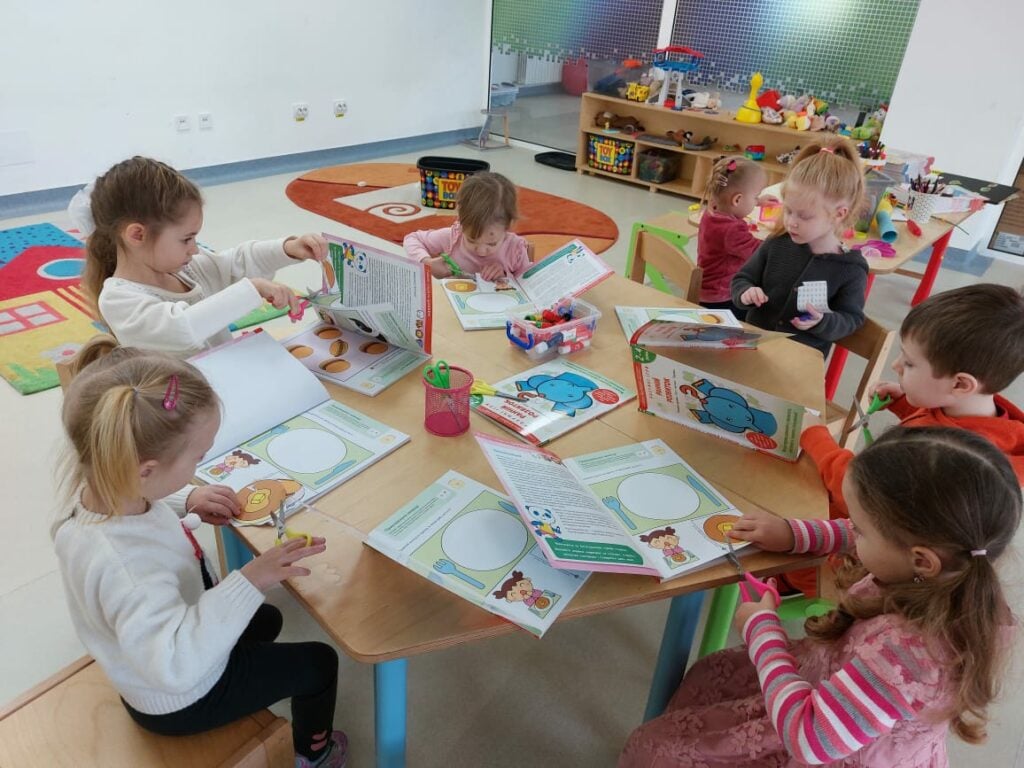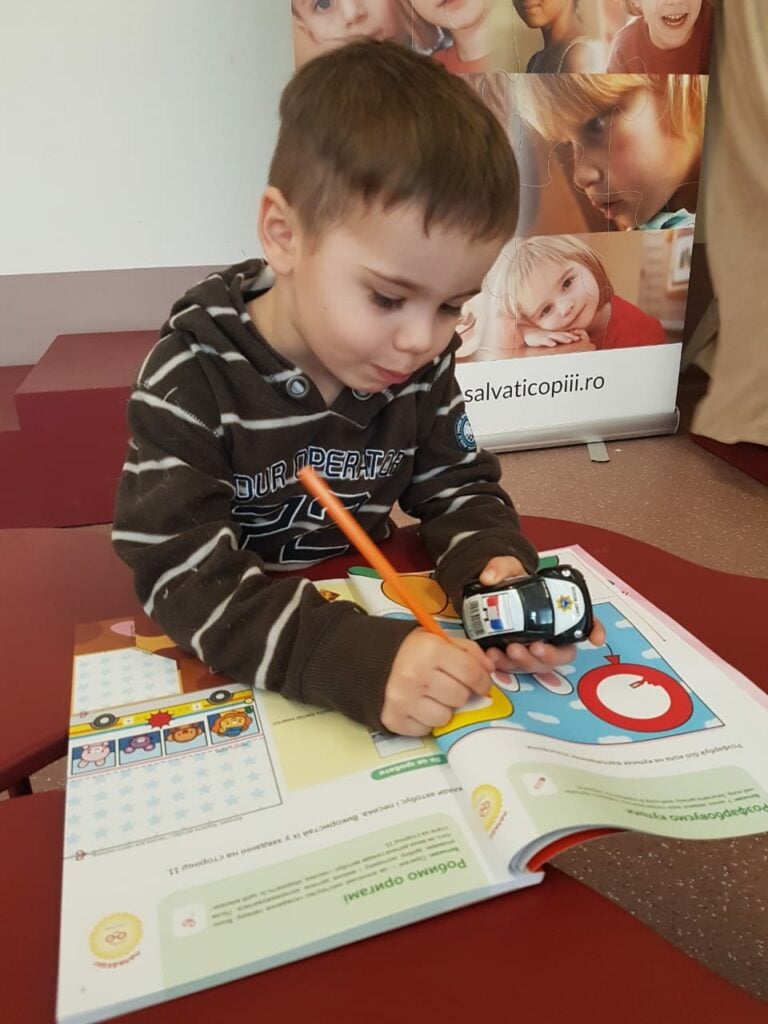
Why physical books still matter in today’s digital age

In an era of e-books, when all you need is a reading device that connects online, and to a central repository of digital books, there is seemingly no limit to access knowledge on a whim.
But the reality is far from this.
It is too easy to forget the importance of physical books. While e-books offer convenience and accessibility, physical books continue to be a necessary resource, especially for underprivileged children and refugees.
According to a report by the United Nations High Commissioner for Refugees (UNHCR), there were 89.3 million forcibly displaced people worldwide at the end of 2021. Of these, over half were children. Many of these children are deprived of basic educational resources, including books.
They cannot develop the reading skills necessary to learn and succeed in school without access to books.
Without access to books, they are unable to develop the reading skills necessary to learn and succeed in school.
The offline and tangible approach
Underprivileged children living in poverty-stricken areas often lack the necessary resources to access digital books. According to a study by the National Center for Education Statistics, children from low-income families are less likely to have access to computers and the internet at home, making digital reading difficult or impossible. Furthermore, children from low-income families are less likely to have books at home, with many lacking access to public libraries.
In the United States, 61 percent of low-income families do not have any age-appropriate books in their homes. This lack of access to books can result in a significant achievement gap for low-income children, with 62 percent of low-income fourth-graders reading below the basic level, compared to only 18 percent of their higher-income peers.
Physical books ensure that underprivileged children and refugees have access to education and learning opportunities. These books are tangible resources that can be distributed in areas with limited access to technology or in refugee camps where reliable access to the internet is scarce.
A silver lining
The benefits of physical books extend beyond educational resources. Books can also serve as a source of comfort and entertainment for children facing difficult circumstances. In refugee camps, where children are often exposed to traumatic experiences, books can provide a much-needed escape and a way to cope with their surroundings.
Children who were once withdrawn and unresponsive began to engage with the books, expressing joy and curiosity as they read. The books provided a sense of hope and optimism, allowing the children to envision a better future for themselves.
Organizations like First Book and Reach Out and Read have made it their mission to provide physical books to underprivileged children. These organizations have distributed millions of books to children in need, improving their reading skills and increasing their likelihood of success in school and beyond.
Publishers have also proactively provided aid by donating books as part of their outreach program. In 2022, Japanese publishing company Gakken, for one, stepped up and donated over 8,000 books to children displaced due to the Ukraine war. The shipment required a logistics provider familiar with import and export regulations and a clear understanding of the documentation needed for a smooth transition.
To ensure the books were delivered on time, Gakken needed a reliable service provider, and engaged DHL Global Forwarding. At every step, the logistics provider advised and prepared the necessary documentation for the non-profit social contribution project.
And just in time for Christmas too, providing some much-needed solace and comfort for children during the festive period.
The hidden value of books
In a world where digital technology dominates, it is important to remember the value of physical books, especially for underprivileged children and refugees. Physical books have a unique sensory experience that e-books cannot replicate. For young children who are just learning to read, physical books can help them develop essential skills, such as turning pages and following text from left to right.
More importantly, the knowledge within these books educates and empowers the younger generation, leading them into a brighter future.
ALSO WORTH READING














 English
English